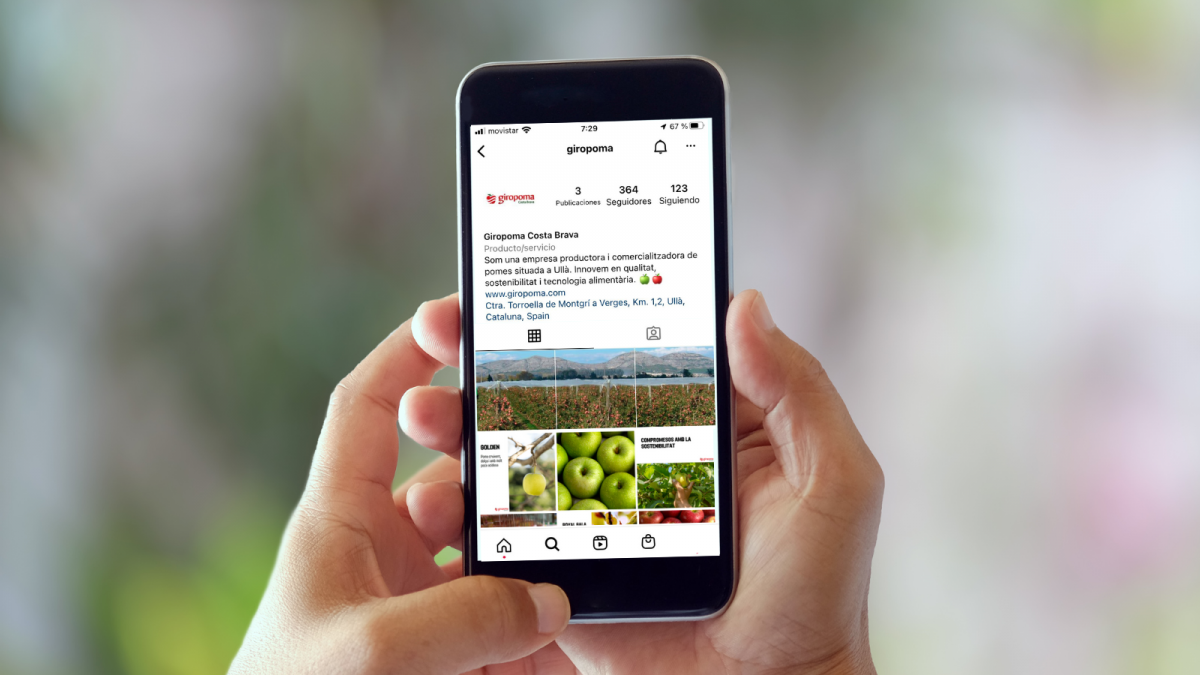Recently, Giropoma has made a new bet on technology and has installed a water filtering station in the first stage of the water circuit of the pre-sizing machine. In this first stage, the pallets of apples coming directly from the field are emptied, being this the first washing process that the apples receive.
With the installation of this station, Giropoma manages to eliminate all the soil, mud and organic matter in suspension from the water to keep it at an optimum quality level and, consequently, reduce consumption, since it avoids having to change it daily.
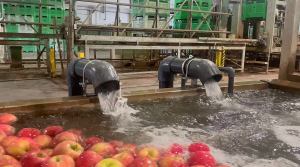
It is a filter, controlled by a web application, which consists of two tanks. A first one where the solids are precipitated, and a second one, which by means of a specific flint filter for the elimination of water turbidity and the retention of solids, filters the water to achieve a turbidity level lower than 1NTU (Nephelometric Turbidity United). In this type of filter, a cyclic backwash has to be applied, which uses a lot of water that until now could not be reused. However, with the technology installed, the apple producing and marketing company has been able to carry out a continuous backwashing of the water, separating this water and conducting it to the beginning of the filtering cycle, making the loss of this water to be zero.
This water filtration keeps the water clean and rigorously improves its disinfection over long periods of time.
Once again, Giropoma has opted for innovation to continue working on the company’s efficiency and sustainability.

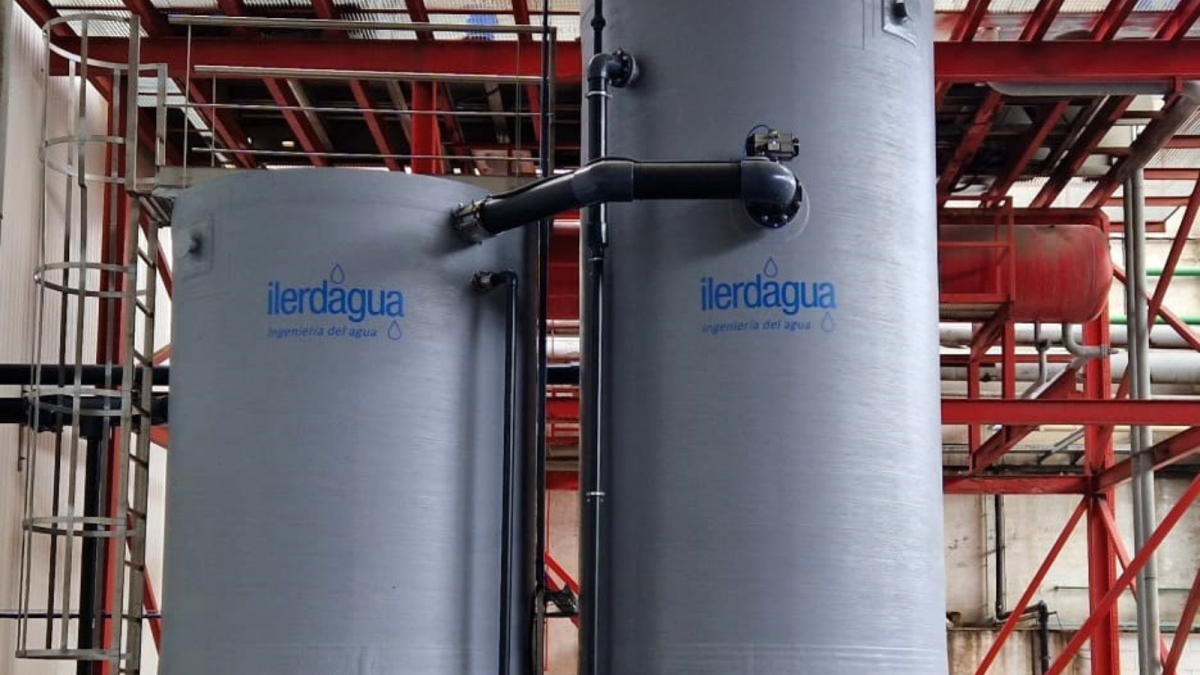
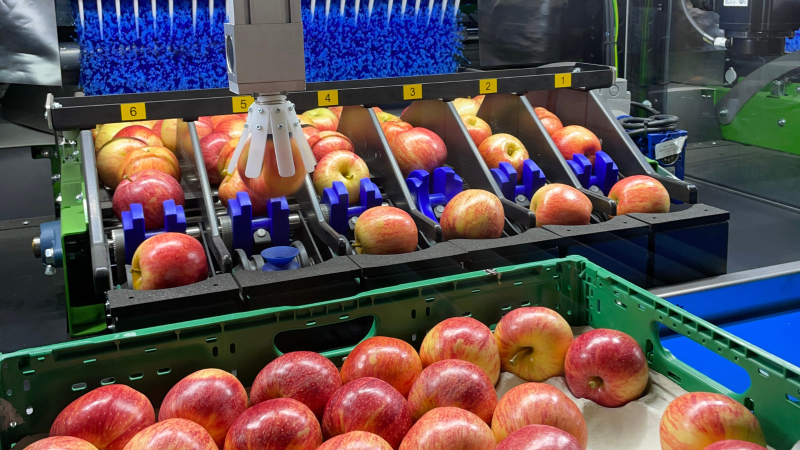
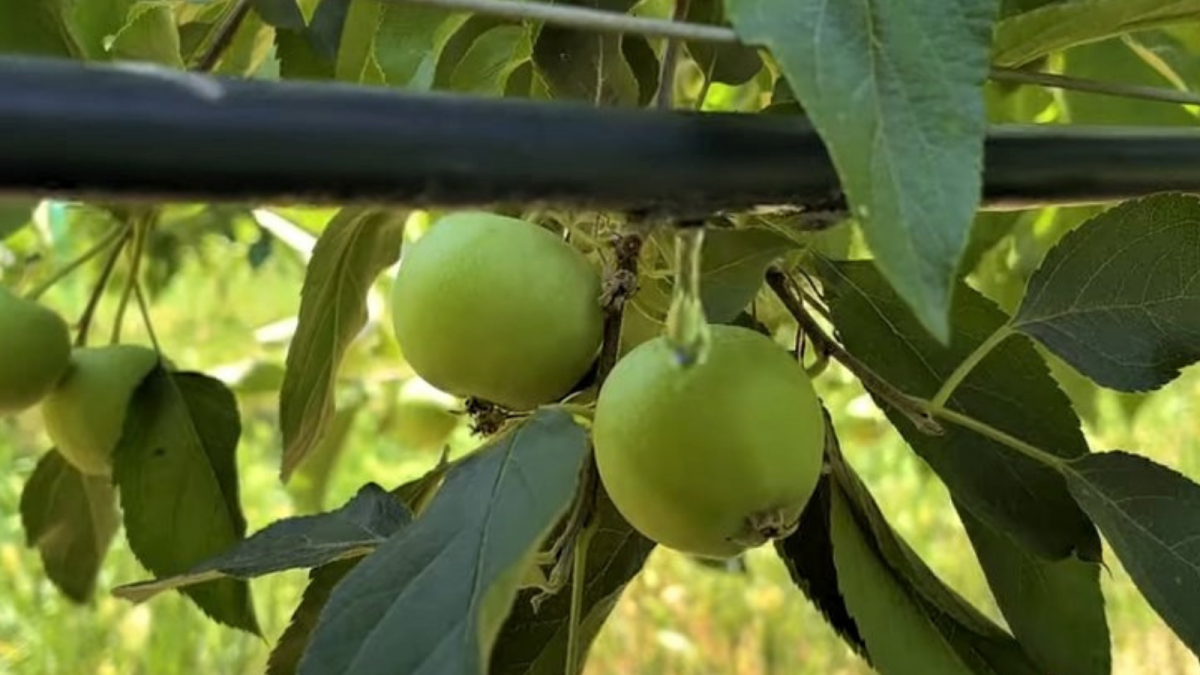
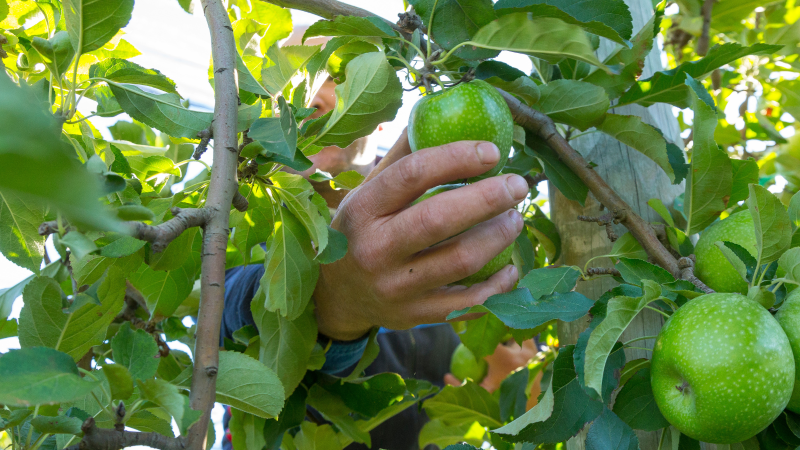


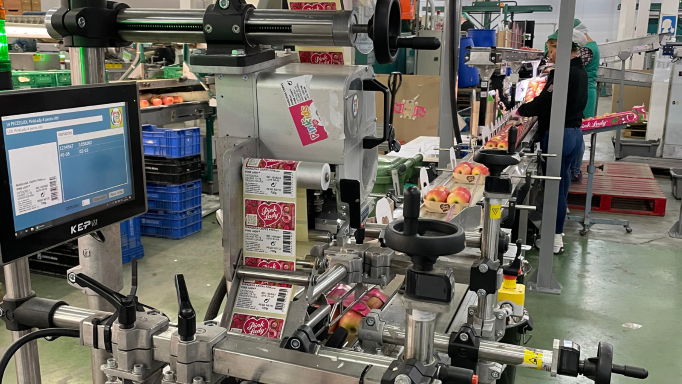
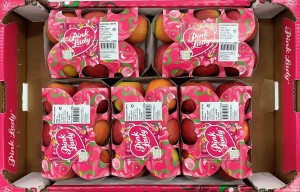 Sealed format with label
Sealed format with label